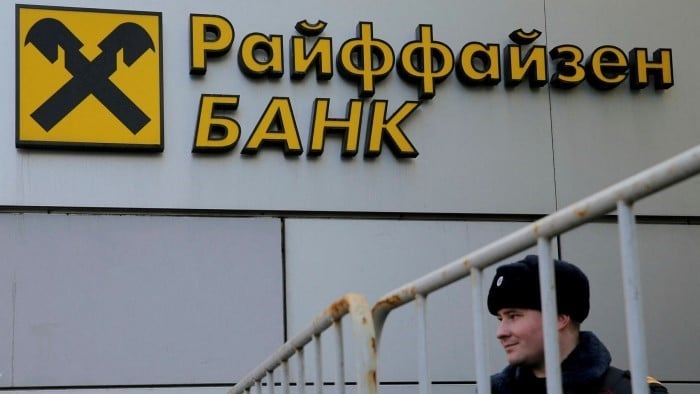 |
| The entities are still lingering, the EU admits it is difficult to 'break up' with Russia for this reason. (Source: Reuters) |
The European Central Bank (ECB) continues to pressure banks to “loosen” their ties with Russia. However, the organization understands that it is not easy for banks to gain approval from local authorities.
ECB Supervisor Andrea Enria stated this, adding that, “We continue to put pressure on banks to downsize and move towards a possible complete exit from the Russian market.
However, he also admitted that there are legal restrictions and for banks to exit the business, they need to find a suitable buyer and get permission from local authorities in Russia, which is not always easy.
A typical case is that Austria's Raiffeisen Bank International (RBI) - the largest Western lender still operating in Russia after the outbreak of the Russia-Ukraine military campaign - is still delaying its withdrawal from Russia, because it still wants to protect its long-term relationship with Moscow, at least in terms of benefits.
Although the RBI had announced its intention to exit the market in February 2022, it later announced a delay until the end of 2023.
According to Reuters , both Vienna and the RBI are in fact trying to cope with pressure to leave Russia, in the hope that the Russia-Ukraine conflict will soon come to an end.
Some officials in Vienna are said to be reluctant to sever decades of ties with Moscow, and still hold out hope that ties can be restored after the military conflict ends, despite Austria’s public support for Ukraine, including joining the West’s campaign of economic sanctions against Russia, according to Reuters .
After months of pressure, Raiffeisen Bank CEO Johann Strobl said on August 29 that he had not yet been able to set a time frame for the sale or spin-off of his assets. CEO Johann Strobl said RBI was ready to sell or spin off, but that it would need approval from the Russian government, the central bank, other authorities and in Europe before asking its shareholders to close its Russian operations. Many complications make it unlikely that RBI will leave before September, and now the new deadline is the end of 2023.
But overall, there is no certainty about RBI’s exit plans, as Mr Strobl said in early August that his bank was aiming to spin off its Russian operations by the end of 2023.
But in a previous statement, he also indicated a September time frame for completing the move…
The ECB continues to press the RBI to end its highly profitable business in Russia. And although the Austrian bank has long said it is looking for solutions, it has delayed its exit plans. “RBI has obligations to its 3 million customers in Russia and should not underestimate the complexity of leaving the country,” Strobl said.
RBI has about 2,600 corporate clients, 4 million local account holders and about 10,000 employees in Russia.
Meanwhile, on the “Russian side,” Moscow hopes Raiffeisen will stay, as it enables international payment services. As Austria’s second-largest lender, Raiffeisen plays a key role in Russia’s financial system and is one of only two foreign banks classified as “systemically important” by the Russian central bank.
Once positioned as a bridge between East and West, Austria has turned Vienna into a magnet for Russian money, showing how important Austrian banks are to the Russian economy, especially now that they are facing sweeping sanctions from the West.
Raiffeisen has continued to operate in Russia despite the Russia-Ukraine military conflict in February 2022. Raiffeisen is considered a key player in the Russian economy, providing a lifeline for euro payments to and from the country. It is one of only two foreign banks on the Russian central bank's list of 13 major credit institutions, the other being Italy's UniCredit.
In 2022, the bank generated a net profit of $4.1 billion, of which $2.2 billion was in Russia alone. Russians have also entrusted more than $22 billion to the bank.
Earlier this year, Austrian Foreign Minister Alexander Schallenberg defended Raiffeisen against criticism of his business activities in Russia, saying that although Vienna would ease ties with Moscow, this “cannot happen overnight,” and even said that Europe was “delusional” in rejecting Russia’s economic role.
But Austrian officials have another reason to believe the bank is being treated unfairly. A spokesman for the Austrian Finance Ministry has said that other EU banks are also operating in Russia. And “a bank cannot leave a country like that overnight,” the Austrian spokesman said.
Source


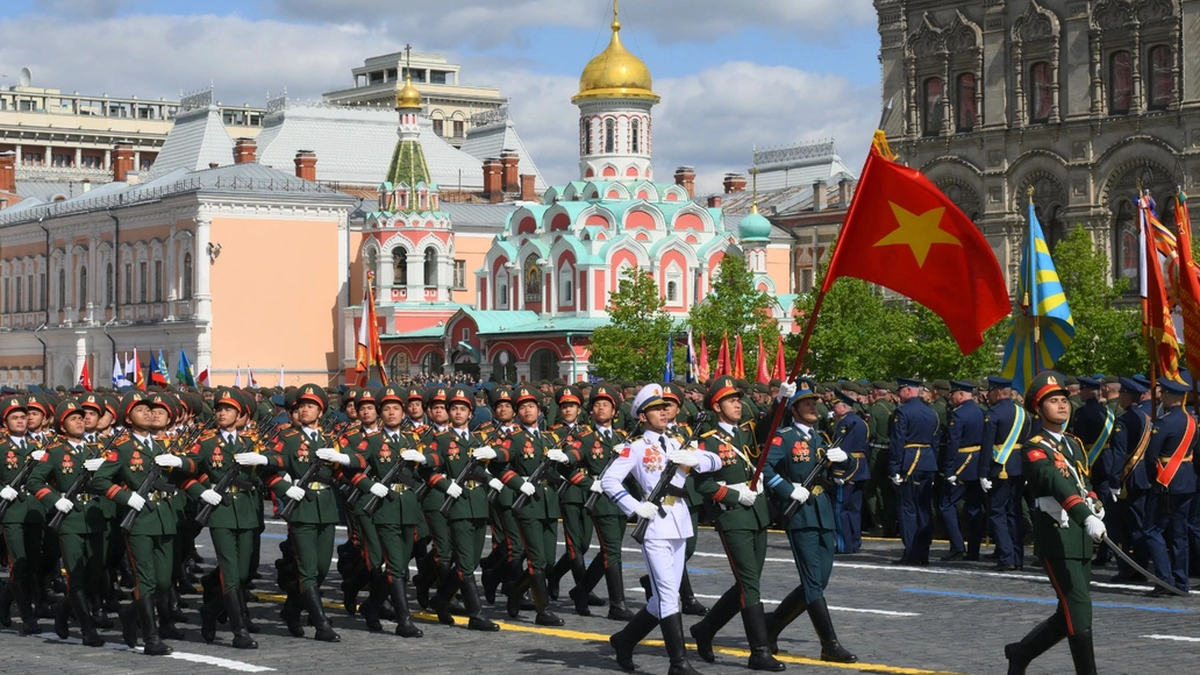


![[Photo] Magical moment of double five-colored clouds on Ba Den mountain on the day of the Buddha's relic procession](https://vphoto.vietnam.vn/thumb/1200x675/vietnam/resource/IMAGE/2025/5/9/7a710556965c413397f9e38ac9708d2f)
![[Photo] Prime Minister Pham Minh Chinh chairs a special Government meeting on the arrangement of administrative units at all levels.](https://vphoto.vietnam.vn/thumb/1200x675/vietnam/resource/IMAGE/2025/5/9/6a22e6a997424870abfb39817bb9bb6c)


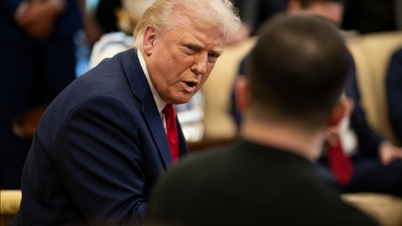

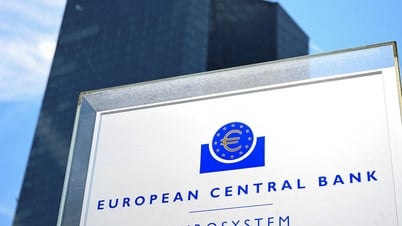

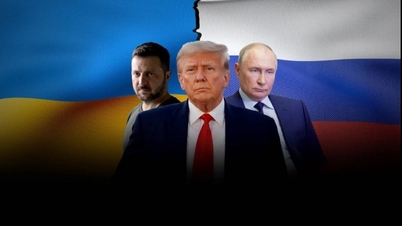
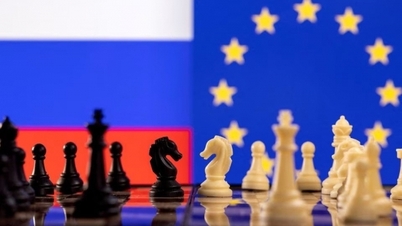



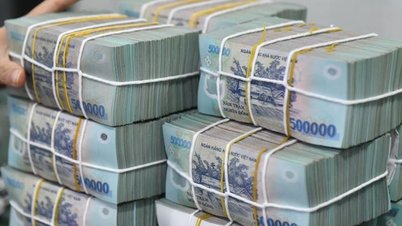










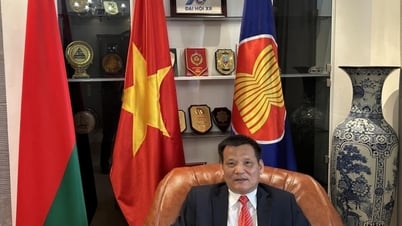



































































Comment (0)